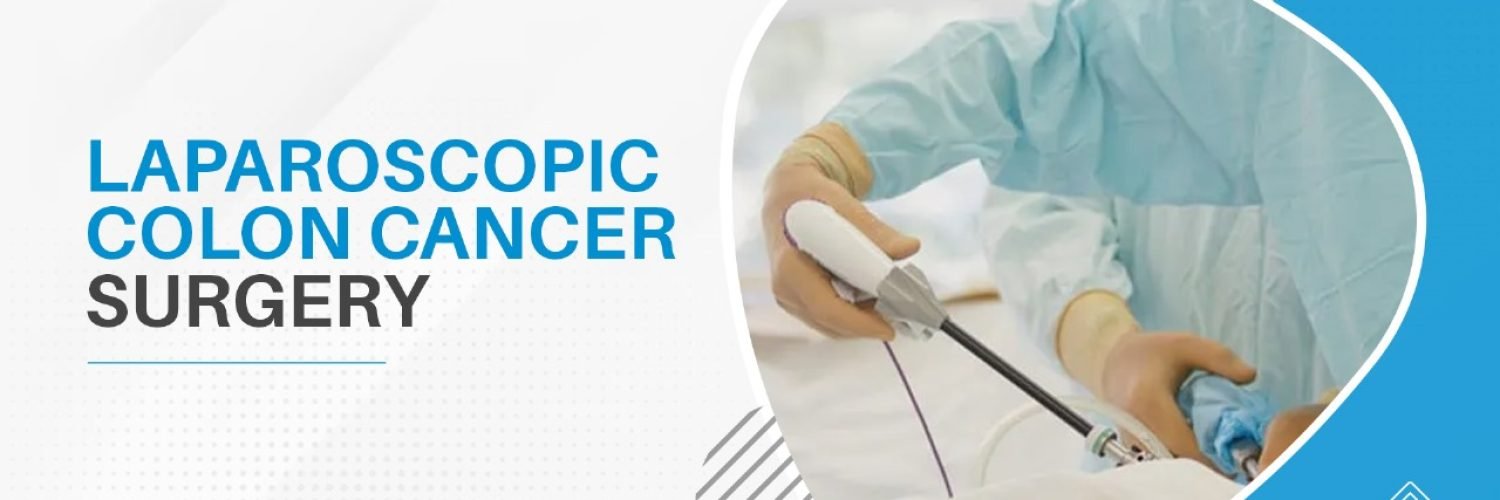- Abdominal Hernia Surgery in Dombivli
- Anal Fissure Laser Surgery in Dombivli
- Appendix Treatment in Dombivli
- Bariatric Surgery in Dombivli
- Best Laparoscopic Surgeon in Dombivli
- Blogs
- Cases Operated
- Colorectal Cancer Treatment in Dombivli
- Contact us
- Custom
- Dr Rahul Mahadar
- Dr. Dhanashree Mahadar
- Endoscopy Clinic in Dombivli
- Ent Surgeon in Dombivli
- Gall Bladder Cancer Surgery in Dombivli
- Gallbladder Stone Treatment in Dombivli
- Gastrointestinal Surgeon in Dombivli
- Hernia Surgeon in Dombivli
- Home
- How to Choose the Right Gastroenterologist Near You
- Laser Fistula Surgery in Dombivli
- Laser Piles Surgeon in Dombivli
- Pancreatic Cancer Treatment in Dombivli
- Services
- Specialities
- Stomach Cancer Treatment in Dombivli
- Testimonials
- Video


Laparoscopic Colon Cancer Surgery
Laparoscopic Colon Cancer Surgery, also known as minimally invasive or keyhole surgery, is a modern surgical approach used to treat colon cancer. To understand laparoscopic colon cancer surgery, it’s essential to grasp what colon cancer is, why surgery is necessary for its treatment, and the different types of surgeries available.
What is Colon Cancer?
Colon cancer, also referred to as colorectal cancer, originates in the large intestine (colon) or rectum. It typically begins as small, noncancerous clumps of cells known as adenomatous polyps. Over time, these polyps can develop into cancer. Colon cancer is one of the most common types of cancer globally, with risk factors including age, family history, diet, and certain hereditary conditions.
Symptoms of colon cancer may include-
- Changes in bowel habits (diarrhea, constipation, or changes in stool consistency)
- Blood in the stool
- Abdominal discomfort or pain
- Fatigue and weakness
- Unexplained weight loss
Why Surgery is Needed for Colon Cancer?
Surgery is often the primary treatment for colon cancer. The primary goal of surgery is to remove the cancerous growth along with a portion of healthy tissue to ensure complete removal and reduce the risk of recurrence. In some cases, surgery may also be followed by additional treatments such as chemotherapy or radiation therapy to further eradicate any remaining cancer cells.
Surgery is particularly essential in colon cancer for several reasons:
- Curative Intent: Surgery aims to remove the cancerous tissue, especially in early-stage cancers, with the intent of curing the disease.
- Prevention of Spread: Removing the tumor and surrounding tissue reduces the risk of cancer spreading to other parts of the body.
- Symptom Relief: Surgery can alleviate symptoms such as bleeding, obstruction, or pain caused by the tumor.
- Improved Survival: Successful surgery followed by appropriate adjuvant therapy can significantly improve long-term survival rates.
Types of Colon Cancer Surgeries-
- Colectomy: This is the most common surgical procedure for colon cancer. It involves removing a portion of the colon affected by cancer along with nearby lymph nodes. The remaining healthy sections of the colon are then reconnected. The extent of the colectomy depends on the size and location of the tumor.
- Laparoscopic or Minimally Invasive Surgery: In laparoscopic colon cancer surgery, small incisions are made in the abdomen through which a laparoscope (a thin, flexible tube with a camera) and surgical instruments are inserted. The surgeon uses these instruments to perform the operation while viewing a magnified image of the surgical site on a monitor. Laparoscopic surgery offers benefits such as smaller incisions, reduced pain, faster recovery, and shorter hospital stays compared to traditional open surgery.
- Robotic-Assisted Surgery: This is a variation of laparoscopic surgery where the surgeon controls robotic arms equipped with surgical instruments. The robotic system provides enhanced precision and dexterity, allowing for more complex surgeries with improved outcomes.
- Hemicolectomy: In cases where the cancer is confined to one side of the colon, a hemicolectomy may be performed. This involves removing either the right or left side of the colon, along with nearby lymph nodes.
- Total Colectomy: In rare cases, when cancer affects a significant portion of the colon or there are multiple tumors, a total colectomy may be necessary. This involves removing the entire colon and rectum, with the small intestine then connected to an opening in the abdominal wall (ileostomy) or reattached to the rectum (ileoanal anastomosis).
- Palliative Surgery: In advanced cases where the cancer cannot be completely removed, surgery may be performed to relieve symptoms, such as bowel obstruction or bleeding, and improve quality of life.
Benefits of Laparoscopic Colon Cancer Surgery-
- Minimally Invasive: Laparoscopic surgery requires smaller incisions compared to traditional open surgery, resulting in less trauma to the surrounding tissues and organs.
- Faster Recovery: Patients undergoing laparoscopic colon cancer surgery typically experience less postoperative pain, shorter hospital stays, and faster recovery times compared to open surgery.
- Reduced Risk of Complications: Minimally invasive techniques may lower the risk of surgical complications such as infection, blood loss, and incisional hernias.
- Improved Cosmesis: Smaller incisions result in less noticeable scars and improved cosmetic outcomes for patients.
Laparoscopic Colon Cancer Surgery is a safe and effective treatment option for patients with colon cancer, offering numerous benefits including faster recovery, reduced pain, and comparable oncological outcomes compared to traditional open surgery. However, the choice of surgical approach should be individualized based on factors such as the stage and location of the cancer, patient’s overall health, and surgeon’s expertise.

